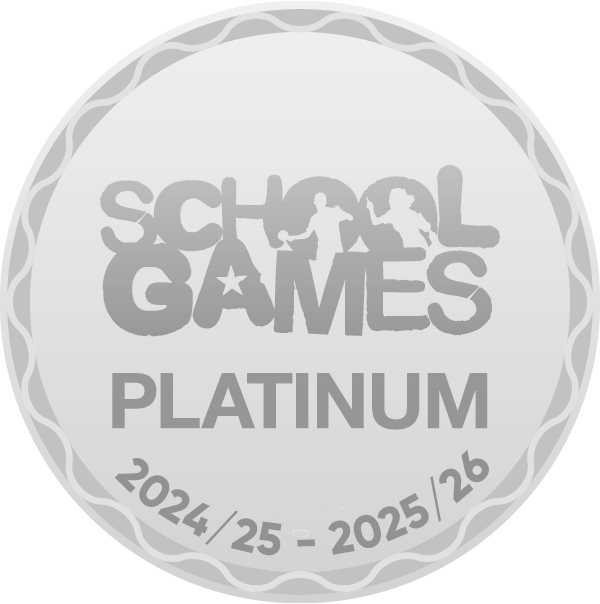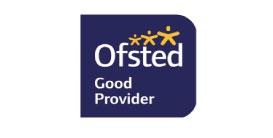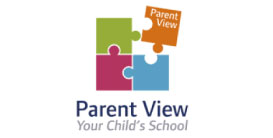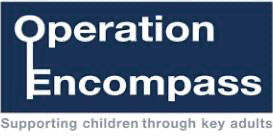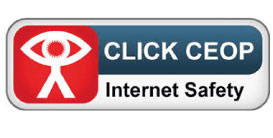English
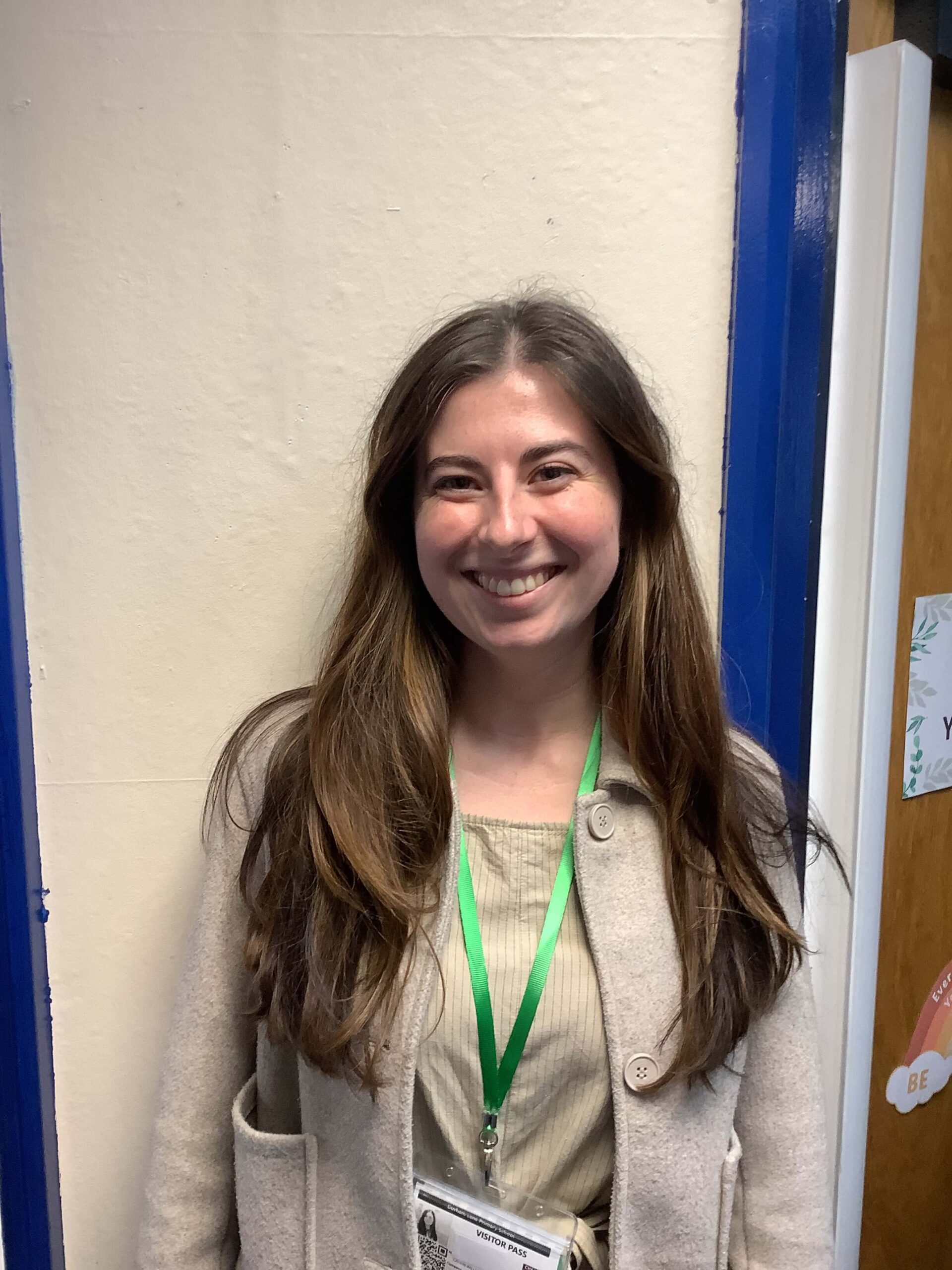
English Subject Leader: Miss Williams
Please consult our English and Reading policies for a fuller explanation about how English is taught in our school.
Intent- what we aim for children to achieve through our English curriculum:
At Durham Lane we believe that English is at the centre of all learning for our children; without it, access to other aspects of the curriculum is lessened and without having the ability to read, write and communicate effectively, life chances may be limited. The majority of our children speak English as a first language, although we celebrate and embrace the wealth of other languages which the children within our school speak. We aim to develop all aspects of English (reading, writing, speaking and listening) to enable every child to develop skills and knowledge to communicate and explore, understand and be understood and to be curious and proactive learners. It is extremely important to us that our English curriculum is thoroughly embedded in our cross-curricular approach towards learning which is evident throughout the school.
Our vision is: to produce readers who can choose and use texts to further their knowledge as well as experiencing the joy of reading; to allow all our children to become adept at communicating in the written form as well as seeing writing as a form of expression and creativity; to enable our children to express themselves effectively in the spoken form whilst listening to opposing points of view with respect and understanding.
Implementation- how we achieve our aims:
Reading:
We believe reading is a quest for meaning which requires the reader to be an active participant. A love of books and reading contributes not just to language and literacy development, but is also of immense personal and social value. We want our pupils to enjoy reading for pleasure as well as using it to acquire knowledge. For these reasons, we see mastery of reading as a key priority in Durham Lane School.
In order to do this, we offer as many opportunities as we can to provide our children with a ‘book rich’ environment where reading is actively encouraged and seen as, not only an opportunity to learn new facts, but an opportunity to immerse themselves in different worlds and to take pleasure in the reading experience. We also teach reading explicitly, ensuring that all our pupils are given the necessary tools to master reading skills.
We have an extensive and rich literary environment with the provision of high-quality reading material including fiction, non-fiction, poetry and reference books. Classrooms contain a rich variety of books for reading or sharing and class readers are enjoyed by teachers and pupils alike. A newly-stocked and vibrant library is set up where children of all ages can borrow books; this is organised and run by older KS2 pupils.
In our school, reading is taught through a range of methods including:
- A strong and systematic emphasis on the teaching of phonics and other word level skills (Little Wandle Letters and Sounds Revised;
- Providing daily opportunities for reading (shared, guided and individual);
- Providing a language-rich learning environment from Nursery onwards;
- Building up a sight vocabulary of ‘tricky words’ from Reception onwards;
- Once children have mastered the phonic code, teaching them to use a range of strategies to get at the meaning of a text (e.g. literal and inferential comprehension, reading with expression, making predictions, self-correcting). We use ‘The Pawsome Gang’ throughout school which reinforces the reading skills taught;
- Teaching inference skills, using specific inference training techniques;
- Widening our children’s vocabulary skills through a range of strategies, including use of a dictionary/thesaurus, Word Power activities etc.;
- Teaching higher order reading skills of skimming and scanning to obtain specific information;
- Providing all children with a stimulating range of fiction and non-fiction texts throughout the school;
- Reading aloud to children and discussing texts so that we can demonstrate our love of reading;
- Providing opportunities to learn about different authors throughout the school;
- Encouraging children to read labels, captions, notices and displays;
- Encouraging children to become independent and reflective readers who are able to develop their own personal tastes and share these with others;
- Providing a regular quiet-reading session;
- Providing an inviting book area in each classroom;
Reading Assessment
Parental/Carer involvement:
Our philosophy is that reading is key to learning, not just in school, but in life. This is why we believe that parents/carers play a major role in helping children, not only to acquire the correct skills to become proficient readers, but to acquire a love of books.
From the moment children enter Nursery, they are given the opportunity to share books at home with parents/carers, and staff help parents/carers by supporting them in their important role in the reading process. As children move through school, they are given a reading record which helps staff to communicate with parents/carers about their child’s reading. There is regular communication between school and home so that we help parents to understand what is being taught at school and how they can help at home, This includes opportunities for parents to come into school and work alongside their children, bespoke workshops to help parents and information leaflets
Writing:
At Durham Lane, we think it is important that children learn to write independently from an early stage; children are encouraged to think of themselves as ‘writers’ as soon as they enter school.
We also believe that children learn to become better writers once they understand the purpose, audience and genre of their writing. We recognise that children enjoy making links across the curriculum which is why writing sits at the very centre of our cross-curricular approach to learning in our school. Coupled with this is the need to develop writers who possess creative flair and who are able to demonstrate a high level of technical skill.
In order to achieve this, children are taught grammar, spelling and punctuation skills in a progressive manner. Linked to their topics and/or books that the children are engaged in, teachers ensure that the necessary skills are taught in a systematic, yet engaging manner.
Our pupils are taught the necessary skills to be able to engage in a range of writing activities including narrative, non-fiction, plays and poems.
They achieve this by:
- being exposed to rich texts, linked to their writing;
- having writing carefully modelled for them by skilled practitioners;
- being exposed to a rich vocabulary through ‘Word Power’ activities;
- through shared writing experiences;
- being provided with opportunities to write for a specific audience and purpose;
- being taught the writing processes of planning, drafting, revising, proof-reading in a systematic way;
- being taught how texts are structured;
- being provided with opportunities to develop their skills in punctuation and grammar;
- being taught phonics and other spelling patterns through a systematic and progressive approach (Little Wandle Letters and Sounds revised).
As a result, our pupils demonstrate that they can write for a range of purposes across the curriculum which can be seen in their books, on displays and in their various homework projects which they enjoy creating.
Our Writing Curriculum
- Spelling, punctuation and grammar are taught in discrete lessons in KS1 and KS2 as well as being taught through other areas of the curriculum.
- Children are taught to write creatively mainly through our cross-curricular approach to learning.
Please see below our progression in writing documents for further information.
Speaking and Listening:
Throughout school, we aim to develop children’s understanding of the spoken word and their capacity to express themselves coherently and confidently in a variety of different situations. Speaking and listening is taught partly via the Literacy lesson, and partly through activities such as Circle Time and debates. It is also school policy that all teachers should be aware of and capitalise on opportunities, which arise every day, for children to develop their speaking and listening skills across the curriculum.
In order to develop the important skills of speaking and listening, we encourage children:
- to voice an opinion or point of view;
- to develop the ability to take turns and to listen attentively to others;
- to participate in Thinking Skills activities;
- to speculate and hypothesis through mathematical and scientific investigations;
- to understand the need to adapt their choice of language in differing situations and contexts;
- to articulate the thoughts and feelings of a character in the book they are currently reading;
- to listen and respond to stories, poetry, rhymes and songs;
- to develop skills of argument and speculation through debates;
- to participate fully in class and school council meetings on a regular basis.
It is our philosophy that children need to become proficient in talking to wider audiences as they move through school. Therefore, we encourage our children to be confident in speaking out loud to a wider audience than just their own class. Every class takes part in a class assembly which parents can attend and all children are encouraged to participate. We also have Christmas performances which EYFS do in school, but KS1 and KS2 perform to a much larger audience at The Oakwood Centre and, once again, every child is expected to perform at some level.
In addition, we host concerts and performances which the older children take part in to varying degrees. We believe that these activities encourage our pupils to become confident speakers in front of different audiences and we are proud of them for doing so; we see this as something that is at the heart of our school.
Impact- how we know we have achieved our aims:
We are extremely proud of the way our pupils learn to read, write and communicate whilst at our school and when entering the next stage of their learning. Indeed, we love to see our pupils as life-long learners and successful citizens who are able to communicate effectively through speaking and listening, reading and writing.
We measure the impact of our curriculum through the following methods:
- by marking and moderating writing across the school to check standards against progression of skills and planned outcomes;
- through records of progression for reading and writing for each child to ensure progress towards planned outcomes;
- through listening to our children asking and responding to questions, taking part in class discussions, offering their own opinions as well as listening and responding to the views of others;
- through displays of children’s work in classrooms and around school, celebrating learning and demonstrating progression across the school. This celebration of learning is also evident in class assemblies on our website;
- through pupil voice where children actively discuss their own learning;
- through discussions/surveys with parents.
English in Early Years Foundation Stage
English in Key Stage One
English in Key Stage Two


